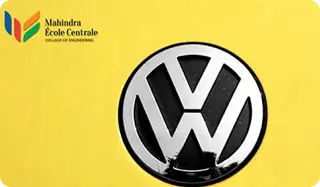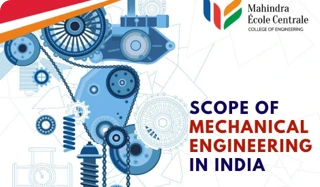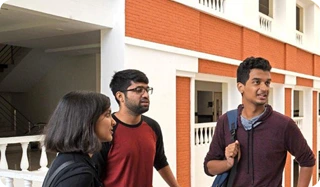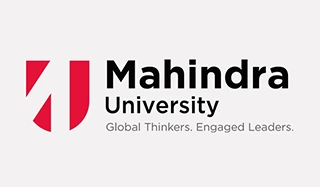HERBIE, this time around, is not a Disney movie

HERBIE, a Volkswagen Beetle in a series of Disney films in the 1960s, had its share of misadventures but the ending was always a happy one. How dearly the bosses at Volkswagen must be wishing that the latest misadventure due to deliberate and systematic fraud by the company followed those Disney movie plots of the bygone era! On the contrary, the fallout of ‘Diesel Gate’, already cataclysmic, is threatening to reach epic proportions.
The company faces, in billions of dollars, fines, penalties and lawsuits that have started landing at the doorsteps of its headquarters in Wolfsburg, and yet, the financial damage may be much more than all of these combined. Hidden within the German firm is a large finance operation that extends loans to car buyers and dealers, and also takes deposits, acting as a bank. Together, VW’s car and finance businesses had € 67 billion of bonds, deposit and debit as of June, 2015, all of which may need to be repaid to its lenders within the next 12 months. To lend a perspective on the size of the liability, this is roughly 5 times the fine that may need to be paid to the Environmental Protection Agency. And this may not be all. There is also a possibility that the counterparties may try to wind down their exposure to VW, which has a big book of derivatives whose national value exceeded € 200 billion.
Despite the high financial stakes, what was the trigger for VW to indulge in this misadventure? Two reasons, primarily: 1) Obsession with size- overcoming Toyota and becoming the world’s biggest car manufacturer (despite making little money from its high volume products)- forcing the auto major to increase its small share of the American market where regulations are much more stringent ; 2) A cocky attitude that they could get away with the trickery (an open secret in the European car Industry) in the American market as well.
While it would definitely be interesting to see if VW can pull itself out of the quagmire it finds itself in, the implications for the larger auto industry seem as fascinating as they are uncertain. In light of the new level of scrutiny and the increasing stringent emission norms, can the diesel technology deliver? Would we see a shift towards hybrids and smaller petrol engines? In face of the intense cut throat competitiveness even as the likes of non-traditional players such as Apple and Google eye up the industry, will we see more consolidation due to the desire for size? It was this ambition of becoming the world’s largest auto maker that plagued the Toyota in late 2000s and the same ambition is responsible for the mess VW finds itself in today.
There is no doubt that rules need to be redefined if the auto industry wants to win back the trust of its customers…!
Dr. Sreekanth Venkataraman
Associate Professor, School of Humanities and Social Sciences













